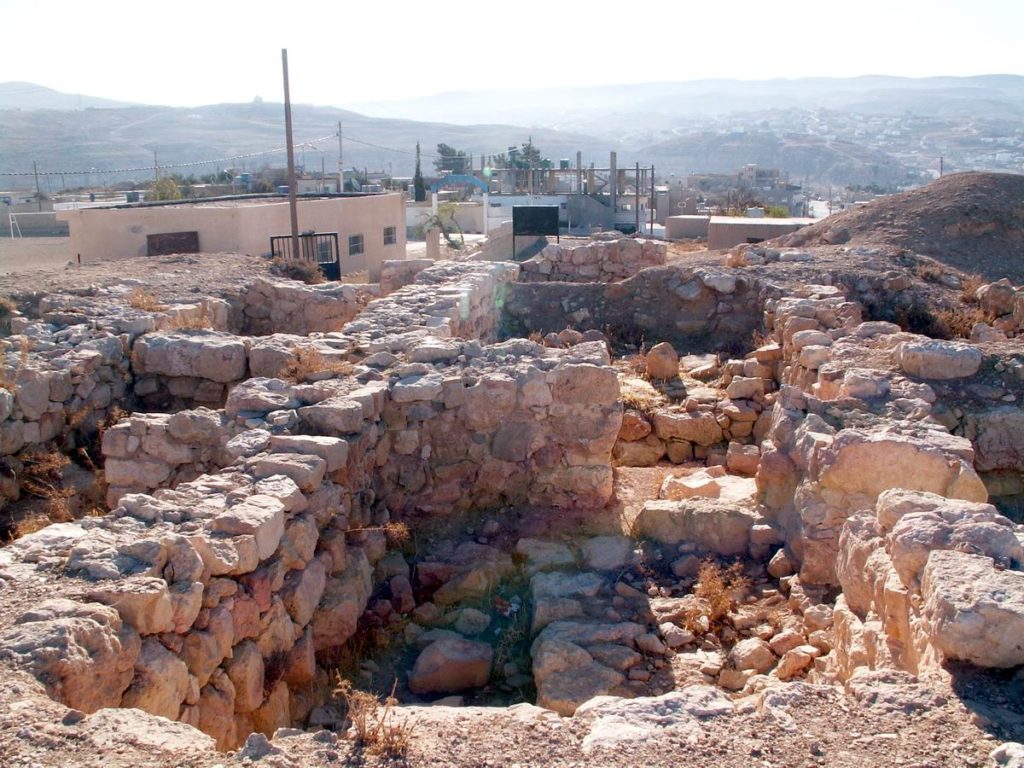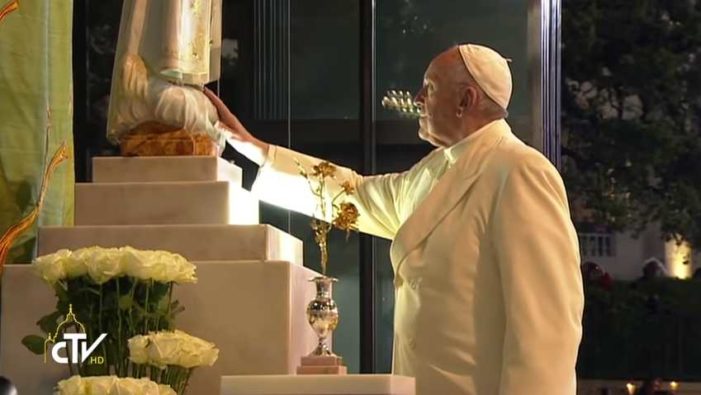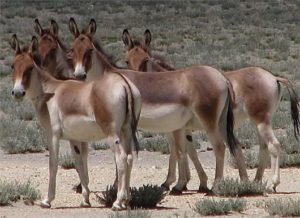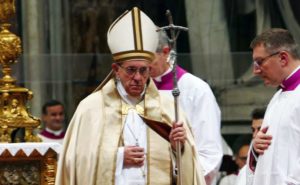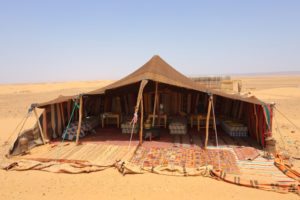All the earth is Rome! Well, at least it was to the Empire.
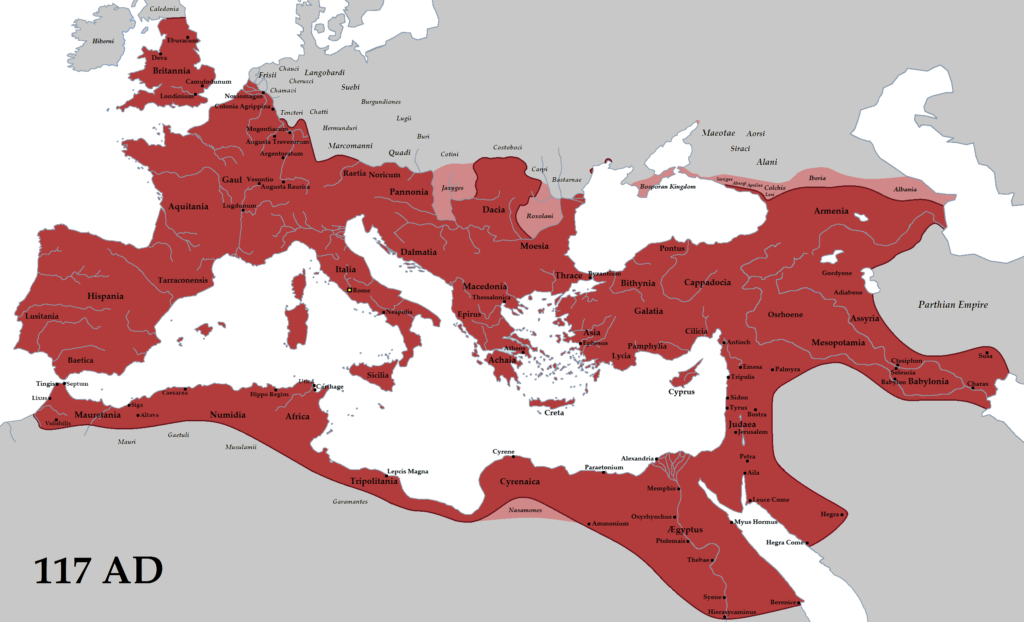
One must carefully consider how the words were used in the first century in Asia Minor. The Revelation is a letter written to them and not us. It was preserved for our benefit but, it is at its core someone else’s mail.
The Revelation is a continuation of the book of Daniel. In Daniel chapter 2 and chapter 7 Daniel was told that the earth would be ruled by four consecutive empires; Babylon Medo-Persia, Greece, and finally Rome. When John wrote the book of The Revelation the first three had come and gone from the stage of History all that was left was The Roman Empire. The judgments pronounced in this book are concerned with that final empire, The Roman Empire, and its final form The Roman Church.
In the English language, the words earth, world, or globe are all interchangeable — most of the time. At times, the word earth only means rocks and soil as opposed to water. Then there are odd uses as a globe can mean artichoke. The same is true in Greek, oikoumene, in the Bible refers to a sphere of influence. But we often assume that it means the whole planet.
There are several different Greek words that are translated to “world,” oikoumene, get, and kosmos.
In those days a decree went out from Caesar Augustus that all the world (oikoumene) should be enrolled. Luke 2:1
In Luke, the Greek word is oikoumene, which can be used as the surface of the earth as opposed to the heaven above. However here it means the people who inhabit the Roman empire and specifically excludes the barbarians outside the Empire from the enrollment tax.
In the book of The Revelation, it becomes clear that once we leave the grand visions of the Throne room, where the whole of the cosmos is nothing but a footstool, the earth is the Roman Earth.
The book of The Revelation is mostly concerned with the Roman earth or Empire. Everything in the book is Roman. The animal symbol of Rome was a battle horse, the color of the Empire was scarlet, and the capital city of Rome famously sit on seven hills.
Kosmos from which we get our word cosmos, or the whole universe, is usually translated a ‘world.’ It can mean just the planet but, it can also mean all the whole of creation.
Here are some New Testament references that demonstrate the different uses of earth or world. The green indicates ge, and the red indicates kosmos.
Again, the devil took him to a very high mountain, and showed him all the kingdoms of the world and the glory of them; Matt. 4:8
And he said to them, “Go into all the world and preach the gospel to the whole creation. Mark 16:15
They said to the woman, “It is no longer because of your words that we believe, for we have heard for ourselves, and we know that this is indeed the Savior of the world.” John 4:42
. . . and saw the heaven opened, and something descending, like a great sheet, let down by four corners upon the earth. Acts 10:11
Then the seventh angel blew his trumpet, and there were loud voices in heaven, saying, “The kingdom of the world has become the kingdom of our Lord and of his Christ, and he shall reign for ever and ever.” Rev. 11:15
. . . and all who dwell on earth will worship it, every one whose name has not been written before the foundation of the world in the book of life of the Lamb that was slain. Rev. 13:8
The beast that you saw was, and is not, and is to ascend from the bottomless pit and go to perdition; and the dwellers on earth whose names have not been written in the book of life from the foundation of the world, will marvel to behold the beast, because it was and is not and is to come. Rev. 17:8
Conclusion
When The Revelation says earth it means the Roman Earth. This book is about the judgment on the Roman Earth. All those nations were at one point part of the Roman Empire. Because we by our very natures tend to be egocentric we assume these judgments and curses are about us. Now don’t get me wrong, when Europe is ground to dust other nations will take a tremendous hit in our economies. But the judgments are not immediately directed at other parts of the earth.

